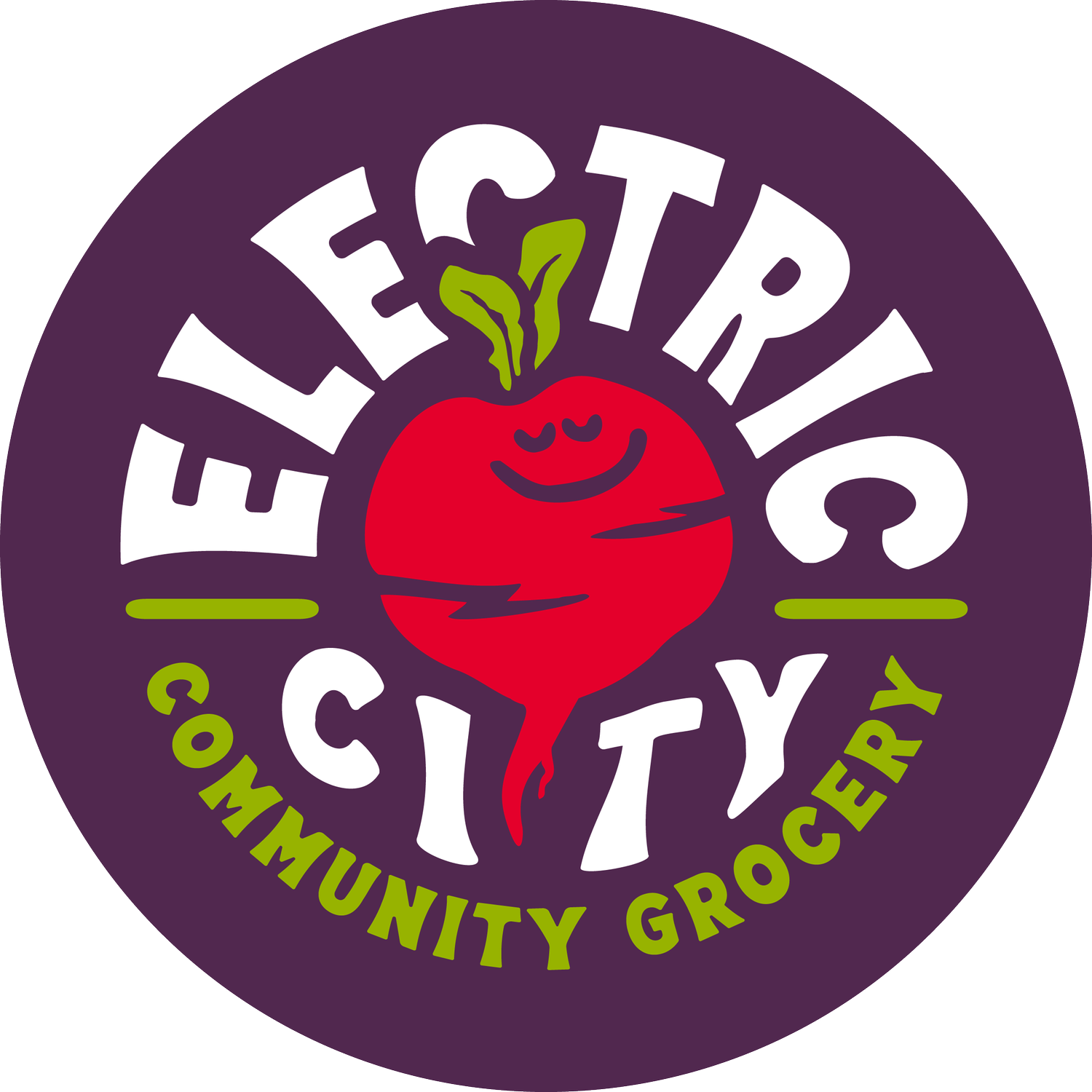
Building Back Better, Together
We are partnering with the City and County of Schenectady to invest ARPA funding in ways that cultivate equitable, community-rooted health and wealth.
Curious? Check out our latest presentation to Schenectady City Council with button below, or scroll down to read excerpts from our ARPA proposal
How can creation of a food cooperative help us build back better, together?
How can ARPA help us “build back better?”
President Biden’s “Build Back Better” policy agenda includes the America Rescue Plan Act (ARPA). Through ARPA, local governments allocate federal funds to help these communities recover from the economic, social, and public health impacts of the COVID-19 pandemic. Unlike federal funds administered through Community Development Block Grants (which have many requirements and paperwork), ARPA funding aimed to reduce red-tape and bureaucratic barriers to support swift relief, especially to address historic inequities while investing in local businesses and food security efforts essential for community health and wealth.
How can a food co-op help us “build back better, together?”
In December 2021, the Electric City Food Cooperative, Inc. responded to the City of Schenectady’s call for proposals for catalytic projects that would help address historic inequities and catalyze growth in community health and wealth. In December of 2022, we were awarded $1 million to support our mission of opening a community-owned grocery store in downtown Schenectady. Below, an excerpt of that application shines a light on the potential of cooperative economic development to help us build back better, together - instead of just bouncing back to business as usual.
Electric City Food Cooperative, Inc:
Building Back Better, Together - Proposal Excerpt
“The COVID-19 pandemic represents an apocalyptic moment that at once uncovered and exacerbated health disparities and racial inequities pervasive in the Capital Region and across the nation. Formerly redlined neighborhoods have also tended to be hit hardest by the pandemic. The pandemic also revealed for a broader public what many of us have known: that our food system as it is, doesn’t work for the majority of people or for the planet.
ECFC is committed to playing our part in a larger growing movement to create food systems that are healthy, accessible and affordable for all, and fair to the people who grow, distribute, prepare, serve, and sell food, while protecting the air, water, and land. We will get past this pandemic by ensuring that each of us, no matter what we look like or where we live, can get and stay well.
Beyond access to vaccines and healthcare, we need to nourish each other and invest in community-led solutions and healthy, walkable, equitable, vibrant neighborhoods. Investing in a cooperative grocery in a historically redlined neighborhood in downtown Schenectady promises to have a catalytic, lasting effect on increasing equitable, community-rooted health and wealth. Not only will this investment improve a bricks and mortar establishment with returns on investment in financial capital and sales taxes, it will also generate social capital through community building efforts, human capital through enhanced nutrition and educational opportunities, cultural capital through community events and celebration of Schenectady’s diverse cuisines, and natural capital through support of sustainable local farming and reduced vehicle miles traveled. This holistic, community-rooted approach is the heart of our strategy to build back better.
How can we build back together?
National news has brought attention to the K-shaped recovery that has been emerging in response to the COVID-19 recession; some segments of the population are recovering rapidly, while others are being left behind. Wall Street has prospered while Main Streets have been devastated. Unfortunately, all too often, new investments in infrastructure in historically marginalized neighborhoods trigger displacement from gentrification, rather than supporting community-rooted health and wealth.
In the face of these staggering economic inequities, cooperative economic development is one of the strongest strategies for building back together, through cooperative ownership, governance, and community life. Shared ownership is an economic resilience strategy that can support community wealth-building among diverse residents, whether in periods of economic booms and busts. Cooperative ownership strategies have been a core strategy of social justice movements, as reflected by Fannie Lou Hamer’s Freedom Farm Cooperative and Dr. Jessica Nembhard’s Collective Courage: A History of African American Cooperative Economic Thought and Practice.
In areas like downtown Schenectady where an influx of new neighbors and market demand for healthy, local, sustainably sourced food and walkable neighborhoods can support a new grocery, cooperative economic models can support shared health and wealth. Unlocking the power of cooperatives requires a commitment to long-term relationship building, community organizing, education and outreach. This commitment is clear in ECFC’s community-led, collaborative approach and intention to collaboratively design a community hub based on the priorities of existing neighbors in partnership with its diverse multi-sector coalition.”

